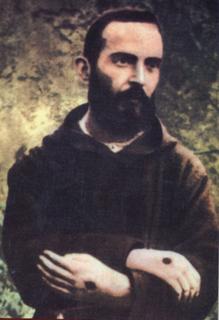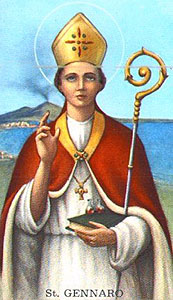This is a continuation of the the 73 Steps to Spiritual Communion with God by Michael Dubruiel, the previous posts are available in the archives to the right. This is step 44 part 1.
(44) To fear the day of judgment.
A recent visit to a large Midwestern city was filled with moments where I paused to think about the tragedies of September 11, 2001 and what could happen again or as the United States government often relates-something worst. One of the buildings in this city, that towers over all the rest is especially impressive and the thought of it tumbling like the World Trade Centers was almost incomprehensible. Milling around the streets with thousands of others it was hard to envision some nuclear attack suddenly wiping out a million people in an instance.
Although the sun shone and it was a beautiful day there was a hint of an impending storm that post-9/11 seemed to hang heavy in the air. It made me think of the words of Our Lord when his disciples marveled at the size of the Temple in Jerusalem and its beauty (it was one of the Seven Wonders of the Ancient World), "As for these things which you see, the days will come when there shall not be left here one stone upon another that will not be thrown down," (Luke 21:7).











